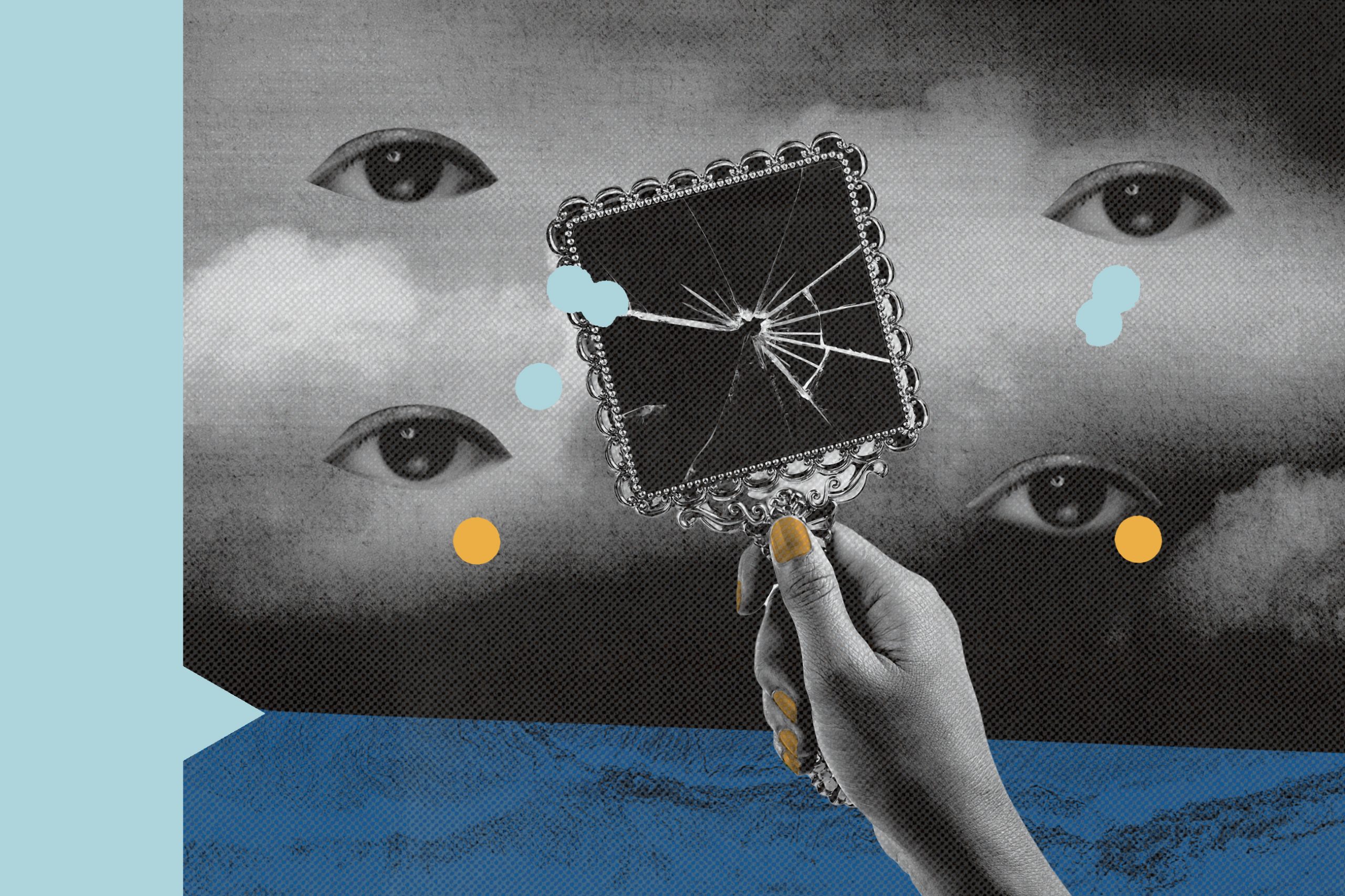Hi Sahaj!
At 26 years old and of South Asian heritage, I have often lacked a sense of deserving love or attention—whether romantic or not. During my upbringing, I didn’t believe I had the right to enjoy hobbies or pursuits solely for personal pleasure. As an adult, this persists as a challenge when trying to prioritize myself.
I really want to immerse myself in activities like painting, pottery, hanging out at cafes, or simply enjoying peaceful afternoons at the park—things that truly make me happy—but I constantly worry about engaging in these pursuits. It doesn’t make sense to me. Over time, I’ve prioritised others’ needs over my own so much that now I struggle with finding my place in my personal life. Could this be something many women of colour experience? Perhaps it stems from certain deep-seated cultural or societal messages we unconsciously absorb?
At this stage, it’s beginning to affect me that I’ve never had someone show romantic interest in me. I haven’t felt the comfort and tenderness that come with being loved romantically. Watching all those around me thrive in nurturing relationships leaves me feeling profoundly isolated and inadequate. Internally, I worry that something must be wrong with me—I’m not attractive enough or worthy enough—because I don’t match up with the predominantly white, Eurocentric beauty ideals prevalent in our society. This has started causing deep emotional distress as I grapple with questions about my self-worth.
How can I begin to believe I deserve love, hobbies and happiness? How can I learn to genuinely love myself and see myself as deserving of being at the center of my own life, especially when the messages around me seem to suggest otherwise?
— What About Me?
What About Me?:
You’ve been practicing “perfection” as a way to survive. It might be something you were told directly or indirectly—that you must provide success, stability, and respectability to your family because they’ve made great sacrifices for you. This mindset is particularly common within South Asian households and among many immigrant families too. As years go by, striving for perfection gets mixed up with your own identity and worth. Eventually, you begin to think that your worth depends entirely on meeting the responsibilities expected of you.
But who are you beneath the “model child” facade?
What aspects of yourself did you have to conceal, mute or downplay to be considered obedient? It’s alright to move away from flawlessness. It’s alright to opt for happiness, imagination, and relaxation—not as bonuses, but as your inherent rights. Who are you when you’re not making things, offering help, or being active?
It seems like your upbringing might have emphasized providing for needs, enforcing discipline, and offering security rather than expressing affection, seeking validation, or encouraging individual pleasure. As such, it’s understandable that as an adult, you find it challenging to prioritize self-care without feeling guilty. The belief that you lack worth wasn’t something you inherently possessed; you acquired this notion over time. This issue extends beyond mere psychology—it stems from generations of tradition, culture, and societal structures, which explains why simply telling yourself that you deserve love and happiness can feel insurmountably difficult.
Joy isn’t exclusive; it’s profound. It serves as a means of healing and, frankly, acts as both defiance and resilience. Visiting a café or spending an afternoon painting doesn’t equate to wasted time; instead, it challenges the notion that your value stems solely from work or sacrifice. This shift might seem uneasy at first, but take baby steps—dedicate just ten minutes each week to drawing. Alternatively, aim to spend some idle time observing others at a cafe within the coming fortnight. Gradually integrating such moments of pleasure and imagination into your routine is crucial because without them, they won’t happen naturally. Perhaps invite someone close to join you in a pottery session, or maintain a journal detailing these experiences to reflect on what you’re letting go of and discovering about yourself throughout this journey.
Engaging more with activities you enjoy will help you view yourself in a brighter way. You’re experiencing the strain of Eurocentric beauty ideals—which can impact anyone regardless of their confidence—but ignoring your wishes is likely exacerbating the problem. As mentioned before,
previous column
Society often marginalizes women of color in narratives of attractiveness, yet this doesn’t diminish your allure. Given how rarely these tales depict tenderness, care, and longing through their lenses, feeling unseen can become an ingrained belief. Overcoming this begins when you start viewing yourself differently and surround yourself with messages reflecting that change. This might involve following South Asian artists, models, and creators who reshape definitions of beauty. Alternatively, it could entail engaging with poems or stories penned by women of color exploring themes of love and desire. Furthermore, shift focus towards self-reflection and acknowledge your inherent value. Consider what aspects of yourself bring joy; ponder over listening to your body’s intuition regarding pleasure and comfort. Reflect upon what truly resonates within you.
your
needs in relationships?
I don’t think you must love yourself first to receive love from others; instead, relationships might provide an opportunity to uncover self-love. Therefore, as you await romantic affection, seek healing connections—where you feel secure, understood, and have chances to open up—in both friendships and interactions with new people. Familiarize yourself with the barista at your nearby café who serves you regularly. Learn to present your authentic self consistently.
Love that aligns with who you are will come
when
it comes. And it will not make you more whole; it will simply meet you where you already are. You’re not “less than” for not having had that yet. You’re simply waiting for someone who can hold the fullness of your being, which you are just now learning to reclaim for yourself. Let the romantic loneliness remind you that you crave connection not because you’re lacking, but because you were made for it.
You question how you can genuinely feel worthy of love, pursuing interests, and finding joy. Here’s the reality: You don’t “persuade” yourself into believing this. Instead, you start to trust these things by softly yet persistently integrating them into your daily existence.










